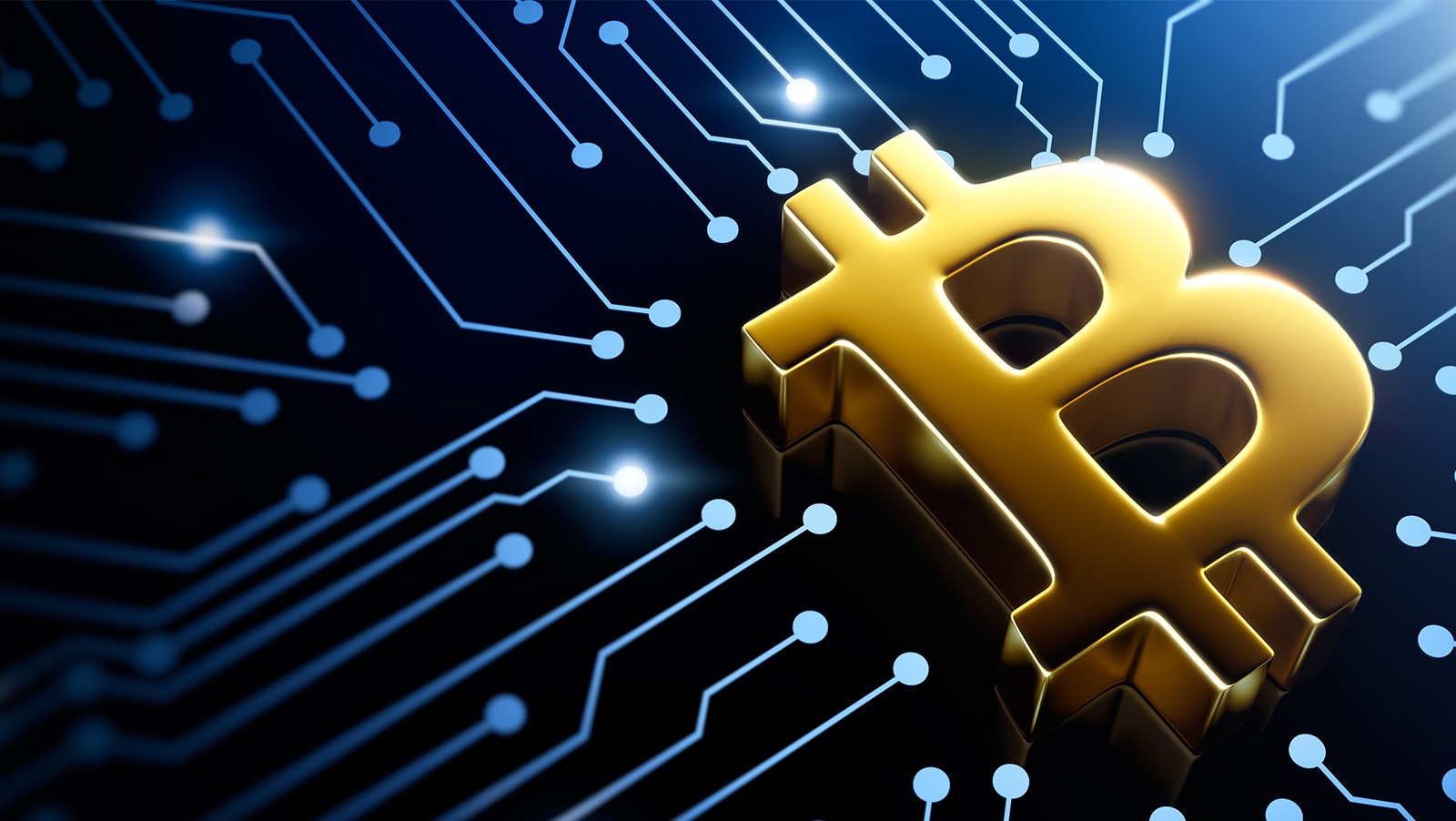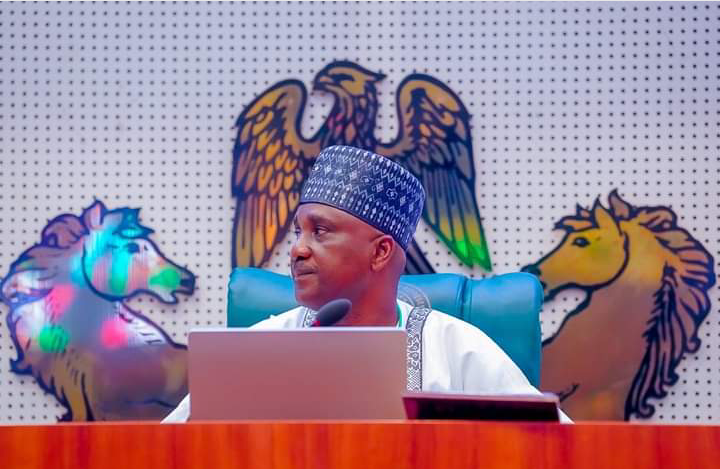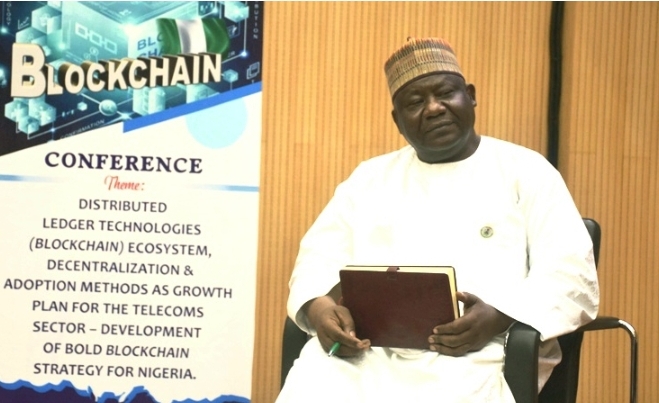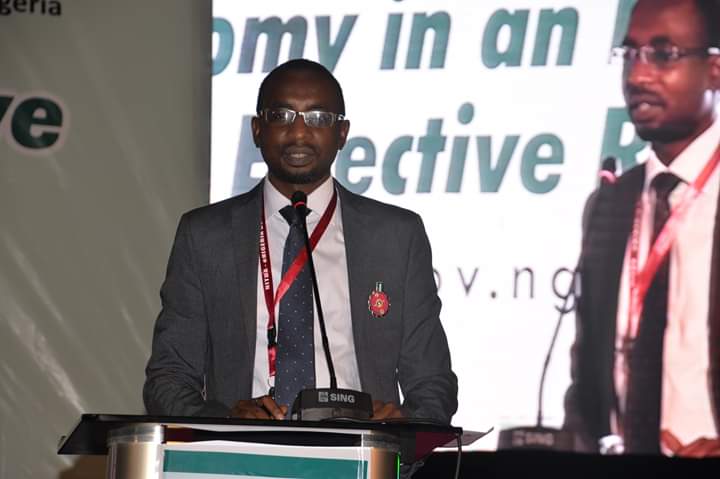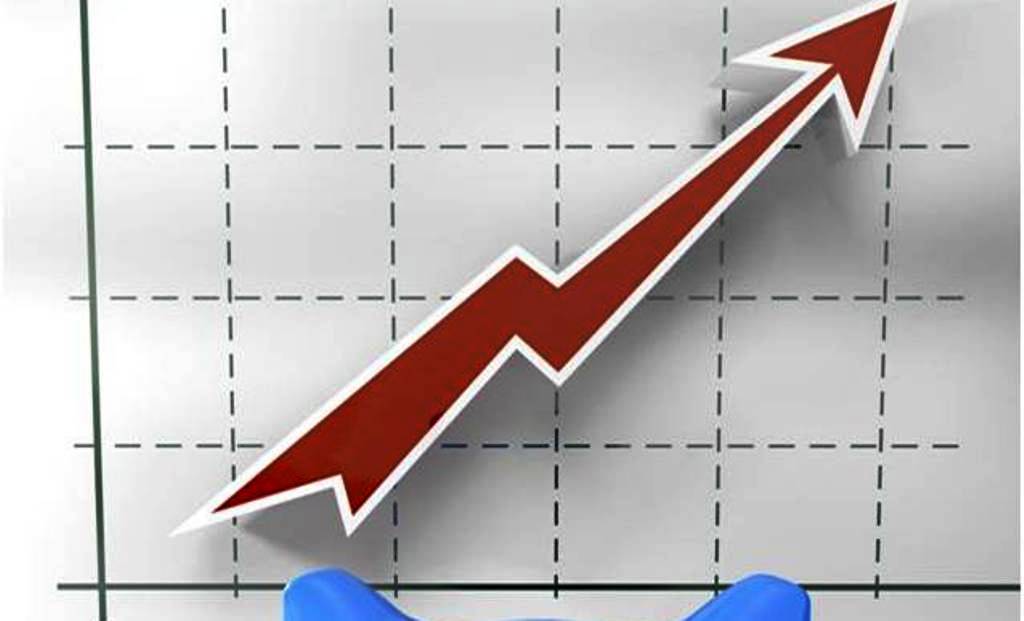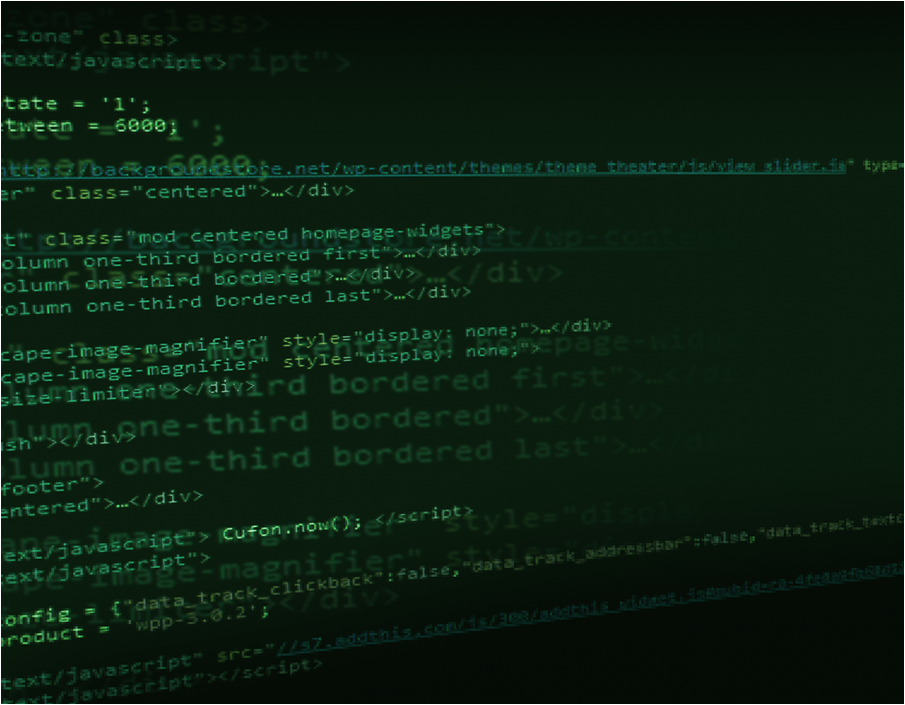The federal government of Nigeria is in the process of rolling out a road map for the implementation of blockchain technology in the country, Dr Dasuki Arabi, Director-General, Bureau of Public Service Reform (BPSR) has revealed.
TheNewsGuru.com (TNG) reports Dr Arabi revealed this on Wednesday at a workshop on blockchain technology put together by the Nigerian Communications Commission (NCC) in Abuja, the federal capital territory (FCT).
Arabi admitted that public service is the biggest beneficiary of blockchain but that little attention was paid to it when the national e-government masterplan was drafted and approved by the FG.
The BPSR D-G revealed that the bureau was planning to train 500,000 public servants ahead of the adoption of the new technology, stressing that the technology is real and that it is here to stay.
Arabi added that the adoption of blockchain technology in public service will improve transparency and accountability, and that working together between MDAs, and most importantly, it will break bureaucracy.
“There is a National E-Government Masterplan that has been approved by the Federal Executive Council which has set the strategy for digitisation for this massive movement of paper government and public service to paperless by the year 2030.
“The framework has been set up; the implementation has already started. From next year, assessments will be done electronically of everybody that is on IPPIS and working for the Federal Government of Nigeria.
“As at the time this paper was being crafted and its strategy, little attention was paid to blockchain. But as it is a legal document, we can always review it. Blockchain is definitely going to be very important in implementing the e-government masterplan.
“We will come up with a robust road map for the implementation and adoption of blockchain technology in the public service in Nigeria. What we are trying to do is to sensitise Nigerians and public servants and we come up with the road map for the implementation of the blockchain technology.
“Adopting this technology will give us the privilege to improve on transparency and accountability, then working together between MDAs and most importantly it will break bureaucracy,” Arabi said.
TNG reports blockchain is a type of shared database that differs from a typical database in the way that it stores information. It is essentially a growing list of records called blocks that are linked together using cryptography.
Meanwhile, speaking at the workshop, Dr Abdulkareem Oloyode from the University of Ilorin (UNILORIN) gave an highlight of how the technology works, while advising that pervasive awareness should be created before the new technology is adopted.
He stated thus: “As new data comes in, it is entered into a fresh block. Once the block is filled with data, it is chained onto the previous block, which makes the data chained together in chronological order.
“All new information that follows that freshly added block is compiled into a newly formed block that will then also be added to the chain once filled.
“This data structure inherently makes an irreversible time line of data when implemented in a decentralized nature. When a block is filled, it is set in stone and becomes a part of this time line.
“Each block in the chain is given an exact time stamp when it is added to the chain. Different types of information can be stored on a blockchain, but the most common use so far has been as a ledger for transactions.
“In Bitcoin’s case, blockchain is used in a decentralized way so that no single person or group has control; rather, all users collectively retain control.
“In general, think of a blockchain as a book containing a list of transactions that all members of a group, or network, need to see. Every member or “node” of the network has their own copy of the book. Each page of the book is a “block” of data.
“Every page of the book is identified by a unique page number called a “hash,” and the first entry on each page is the “hash” of the previous page. That first entry is the “chain” that links the pages or “blocks” of transactions together.
Dr Oloyode distinguished between public and private blockchain, saying: “A public blockchain is public, and members are anonymous. Anyone can join the network, process transactions, and validate blocks, providing they have the substantial computer resources required.
“All members of a public blockchain can see all of the data. Members of a public blockchain network, like the one that supports bitcoin, use “miners for the consensus mechanism. Miners are members who validate data blocks on the public network. Miners compete with other miners to validate data blocks by solving complicated mathematical equations.
“A private, or “permissioned,” blockchain requires that all members be identified and need credentials, or permissions, to submit transactions and validate data blocks.
“A private blockchain may give access to all data to some users while restricting others. Private blockchains are more suitable for an individual business”.
Oloyode added that: “Blockchains are difficult to hack because every member has a copy of transactions, but they are not completely impenetrable. Hackers need to gain access to multiple individual members in order to create fraudulent transactions and have them accepted.
“The vast computing power required alone makes hacking blockchains very difficult and expensive. The real weakness lies in the protocols, such as smart contracts. Hackers can potentially explicit a weakness in the way these operate and “game” the system”.
He highlighted the challenges of adopting blockchain as power supply, proof of work, awareness and understanding, culture, cost and amongst others.
Oloyode concluded by saying: “Blockchain technology can be used to reduce costs, speed up transactions, and improve data security for financial institutions, health care providers, businesses, and more. That’s good news for consumers and investors.
“Although blockchain technology hasn’t yet been widely adopted, it has the potential to dramatically change the way we do business by offering a trusted, cryptographic system for exchanging information”.
